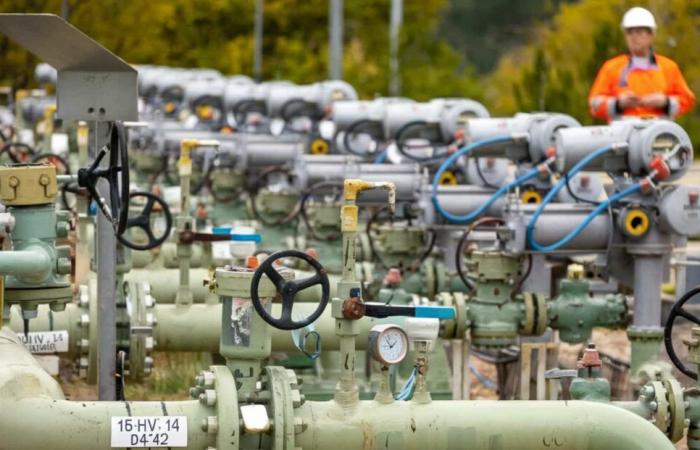Europe is on the verge of a major energy crisis this winter. Rapidly dwindling natural gas reserves, combined with rising demand, are raising fears of looming shortages and highlighting the vulnerability of the continent's energy supply.
- Europe could face a gas shortage this winter due to rapidly declining reserves.
- Increased demand for gas and unfavorable weather conditions increase the risks of an energy crisis.
- Fluctuations in the global market complicate gas supplies for Europe.
The imminent expiration of the transit contract between Gazprom and Naftogaz could plunge Europe into a new energy crisis. The rapid decline in gas reserves, combined with unfavorable weather conditions, raises concerns about the security of gas supplies for the winter season. Faced with increased demand and international competition for resources, Europe could find itself facing shortages, with prices likely to explode.
Gas reserves at their lowest
Europe's gas reserves are being depleted at a worrying rate. At the end of November, gas stocks were only 87% full, significantly lower than in previous years. If this trend continues, Europe could see its reserves reach alarming levels by the end of winter. Data from Gas Infrastructure Europe reveals that stocks have fallen more than in the last eight years, due to colder than normal temperatures and a drop in renewable energy production.
The global gas market is also changing. Increasing Asian demand, coupled with rising prices for liquefied natural gas (LNG) from the United States, further complicates the situation. Europe will have to compete with Asian economies to secure more LNG cargoes, which could lead to a price spike. Traders are already anticipating a significant rise in gas prices for the summer of 2025, while stocks will need to be replenished in anticipation of the following winter.
The risks of a new energy crisis
European authorities face a major challenge: replenishing gas stocks to avoid a shortage in the event of a particularly cold winter. Analysis by energy experts suggests that several years of successive disruptions could lead to a disruption in gas supplies. If winter 2024/2025 is as harsh as expected, followed by another cold winter in 2025/2026, Europe may be ill-prepared to absorb further supply shocks.
The lack of a clear solution to diversify sources of supply and dependence on LNG could worsen the crisis. This situation is forcing European governments to rethink their energy strategies and consider more resilient alternatives in the face of an increasingly volatile gas market.






